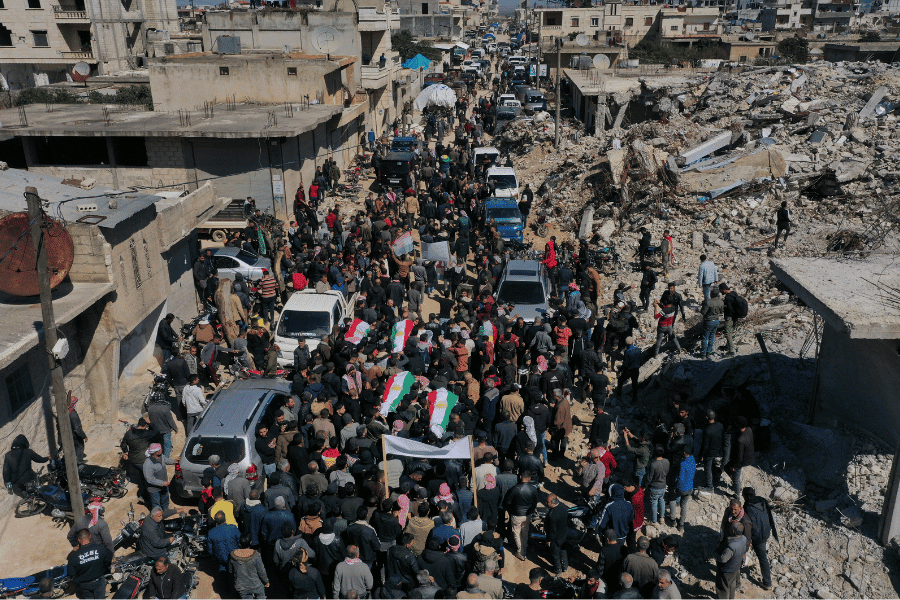
by Thomas Hickey | 4 Jan 2024 | Middle East, Politics, Syria, Women, Youth Voices
The Kurdish people in North Syria are attacked by Turkey to the north and Syria to the south. No one wants them there but they have nowhere to go. People attend the funeral of four Kurds in the town of Jinderis, Syria, 21 March 2023. The assailants shot the Kurdish...
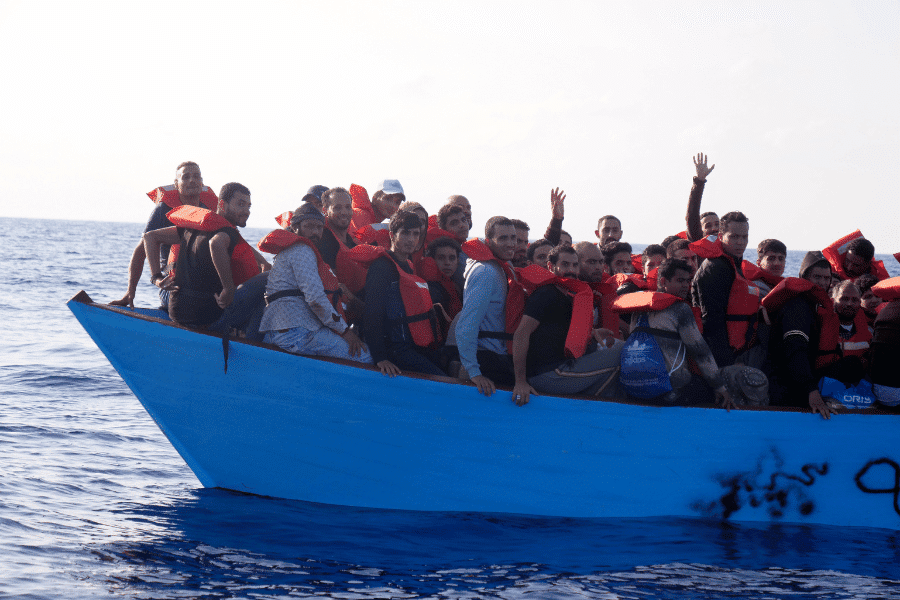
by Helen Womack | 3 Jan 2024 | Decoder Replay, Europe
Millions of people around the world have no rights and live in the shadows, on the margins of society. Migrants are rescued by a Doctors Without Borders rescue team boat in the Mediterranean Sea after leaving Libya trying to reach European soil, 6 October 2023. (AP...
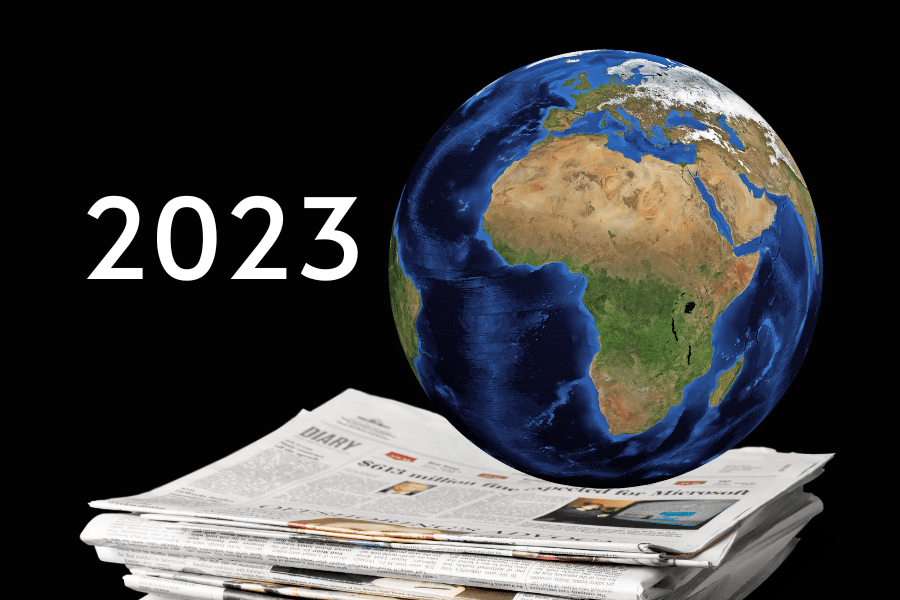
by News Decoder | 29 Dec 2023 | Media Literacy, World
Garbage in Paris. Death of a statesman. Climate talks in the desert. Coups and crises. As we greet 2024, how much do you recall from the year that’s been? 2023 Current Events Quiz News Decoder correspondents help us understand what happens across the globe....
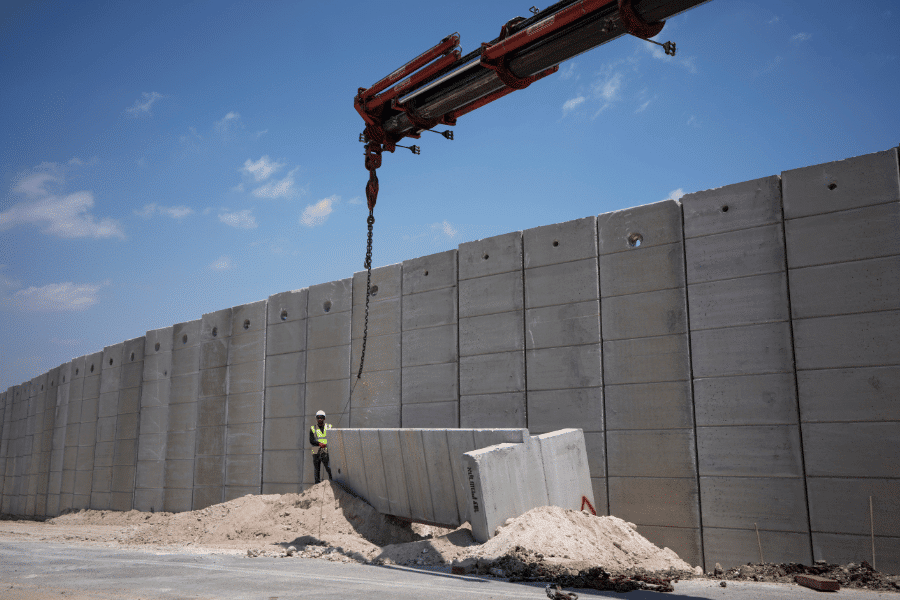
by Harvey Morris | 28 Dec 2023 | Middle East, Politics
Despite the failure to achieve even substantial cease fires in Israel’s war with Hamas, there are people who still think lasting peace is possible. Workers place sections of a nine-meter (30-foot) high concrete wall to replace a border fence between the northern...
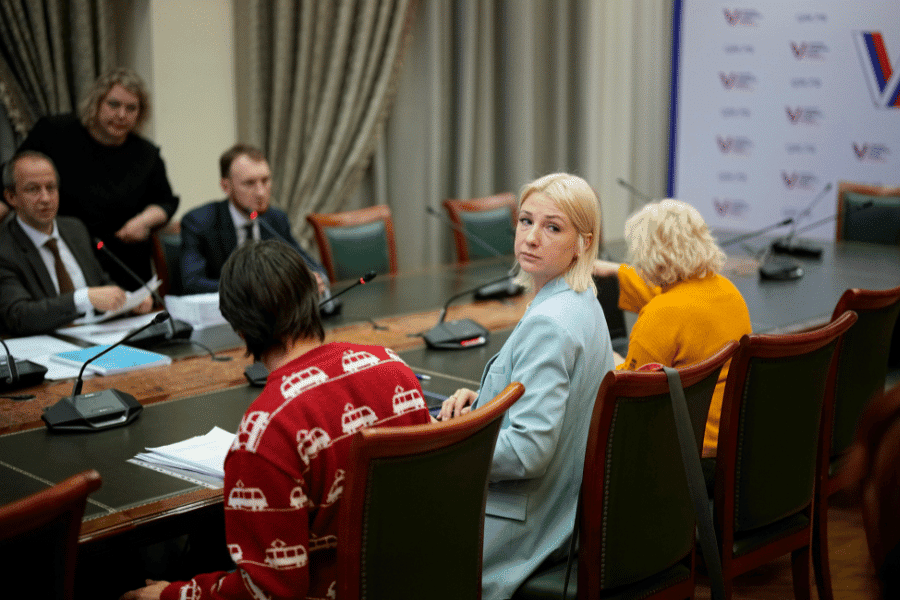
by Helen Womack | 27 Dec 2023 | History, Politics, Russia
Vladimir Putin has held power in Russia since before the turn of the millennium. Political opponents haven’t had a chance against him. Is that still true? Yekaterina Duntsova, second right, submits her documents as a presidential candidate for the upcoming...
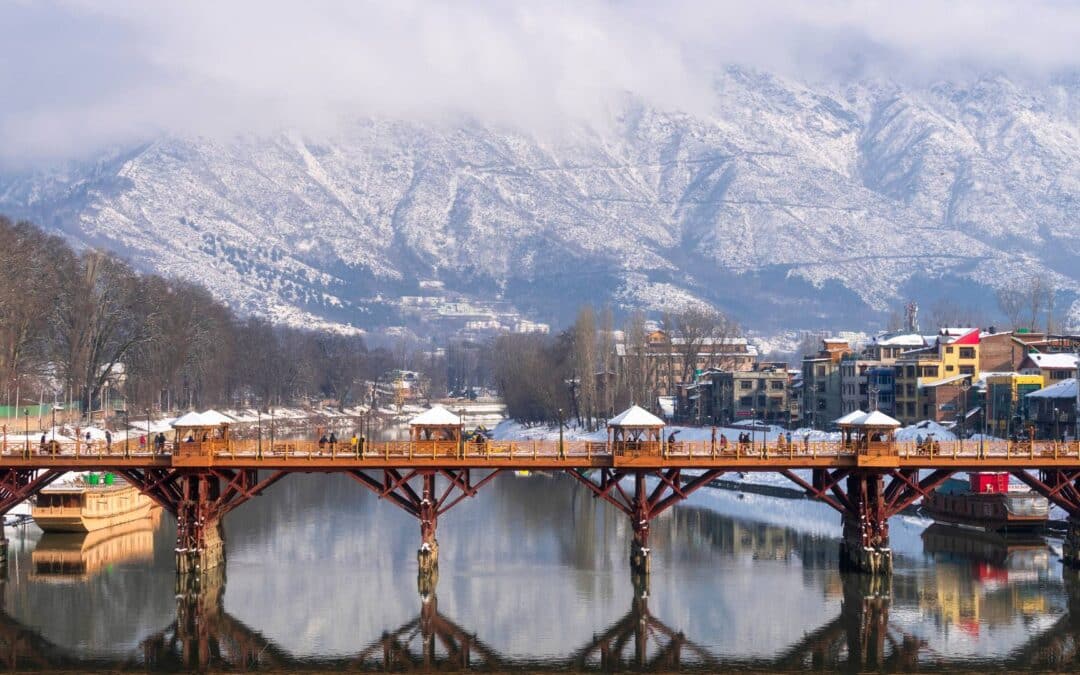
by Ammar Nainar | 20 Dec 2023 | Asia, Educators' Catalog, History, King’s College London, Politics
India and Pakistan — both nuclear powers — have fought three wars over Kashmir. But neither will yield in one of the world’s intractable conflicts. Zero Bridge in Srinagar Kashmir. (Credit: P. Kijsanayothin for Getty Images Signature) Editor’s note: On 11...
This Decoder Replay by Ammar Nainar is an excellent complement to history lesson plans about decolonization and the Partition of India in 1947. How does the past continue to inform the present in ways that matter?
Exercise: Read the article with your history class after students learn about the Partition of India in 1947. Discuss how decisions made in the 1940s continue to affect people living in India and Pakistan to this day. What throughlines can students draw between past and present? Then, divide students into groups of 3-4. Each group will come up with a resolution to the dispute in Kashmir. Resolutions should consider: Who gets control of Kashmir? Which countries should be involved in negotiations? How feasible is Kashmiri independence?
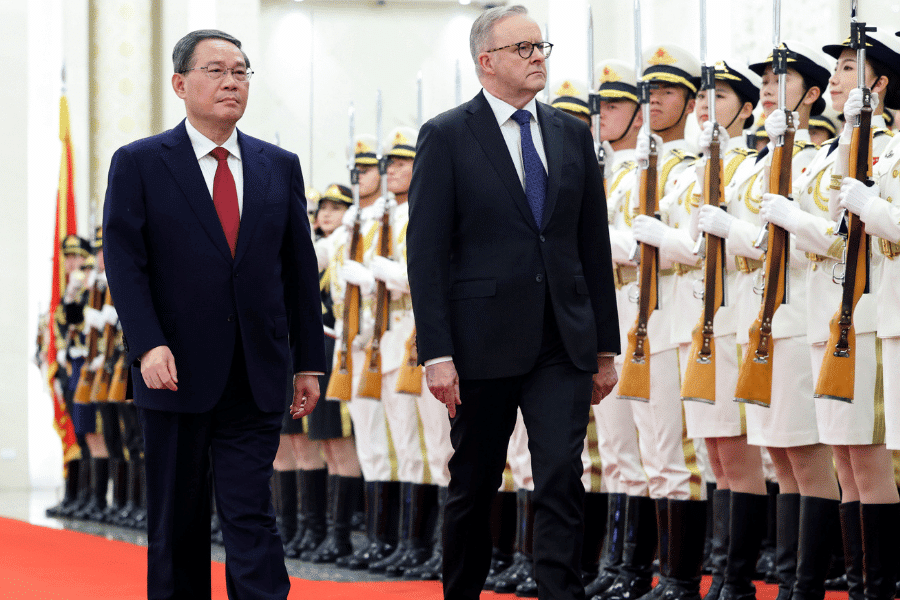
by Richard Hubbard | 18 Dec 2023 | China, Politics
The United States may be the leader of the free world, but China is the economic powerhouse in the Pacific. Both want Australia as their dance partner. Australian Prime Minister Anthony Albanese, right, walks with Chinese Premier Li Qiang during a ceremonial welcome...
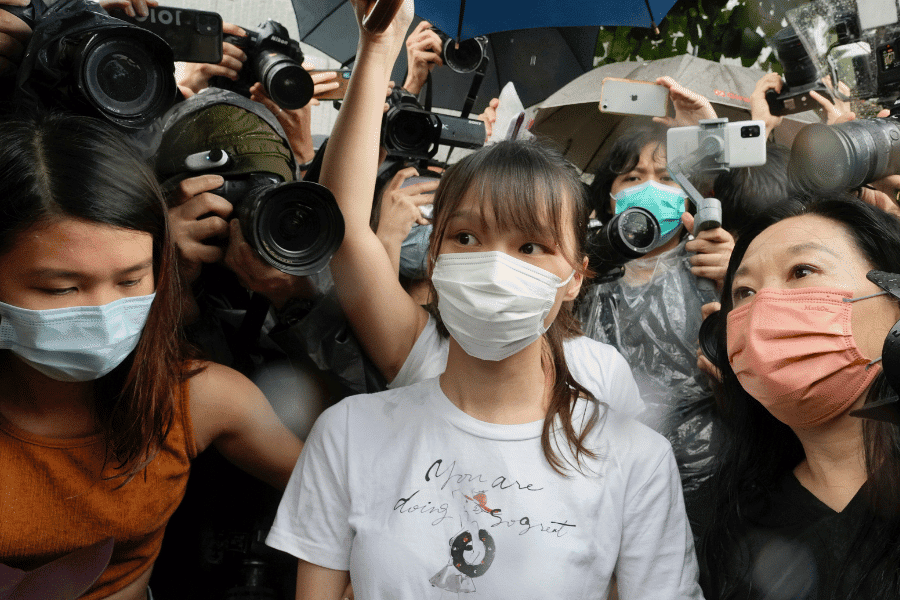
by Jonathan Sharp | 13 Dec 2023 | China, Decoder Replay, History, Human Rights, Politics
Hong Kong youth tried to assert their rights three years ago. The repercussions are still being felt. Agnes Chow fled to Canada and feels she cannot return home. Agnes Chow, center, a prominent pro-democracy activist who was sentenced to jail for her role in an...
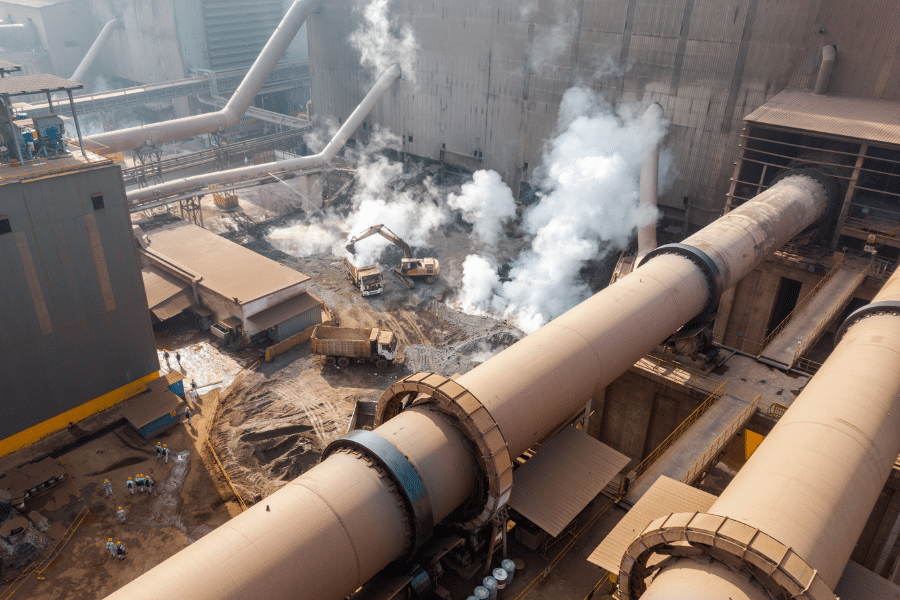
by Garry Lotulung | 11 Dec 2023 | Asia, China, Educators' Catalog, Environment
Massive industrial complexes for nickel mining have transformed an Indonesian island long home to fishing villages and school children. Workers walk near excavators to gather soil containing nickel ore at PT Virtue Dragon Nickel Industry, a nickel processing complex...
Understanding nuance and context is a critical skill to develop in young people. In this photo essay from guest writer Garry Lotulung, students learn about the impact of the green transition on local communities in Indonesia, where nickel is mined to produce batteries for electric cars. Globally, transitioning to renewable energy is a positive — what’s the impact for Indonesians on the ground?
Exercise: In groups of 2-3, students will engage in a See-Think-Wonder activity with the photos in the article’s gallery. Each group will focus on a different photo, logging first what they see in the image, what they think is happening and what they wonder about after examining the image. The see stage develops students’ observation skills and focuses on gathering information without making interpretations. The think stage helps students develop critical thinking by interpreting and coming to conclusions using visual evidence in the photo. The wonder stage prompts inquiry and intellectual curiosity. After the See-Think-Wonder activity, read the article as a class.
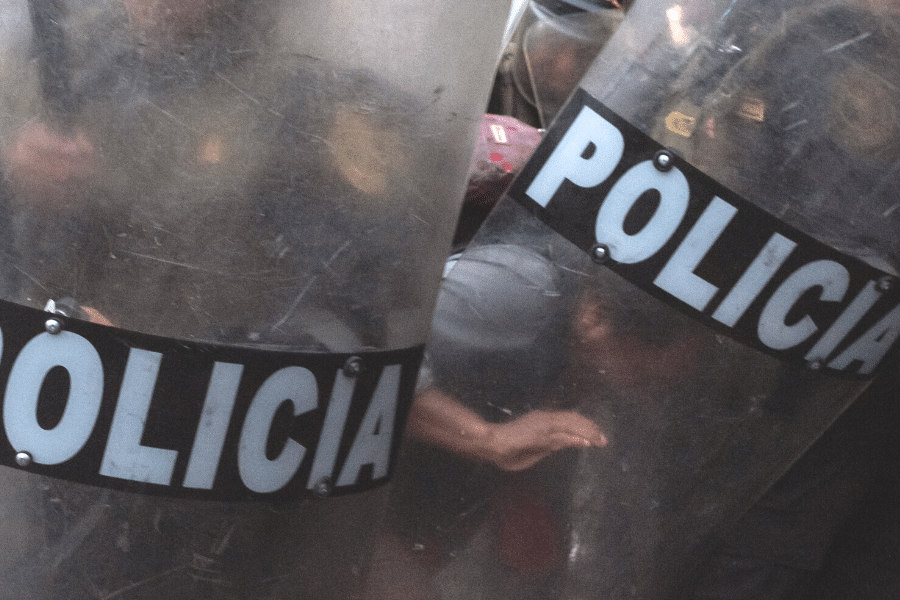
by Alfonso Silva-Santisteban | 7 Dec 2023 | Americas, History, Human Rights, Politics
Peru has had six presidents in five years. The one constant? A government that reacts with force when people call for change. A man beaten by police during the protests against the government of Dina Boluarte in Lima on 4 February 2023. Credit: Alfonso...










